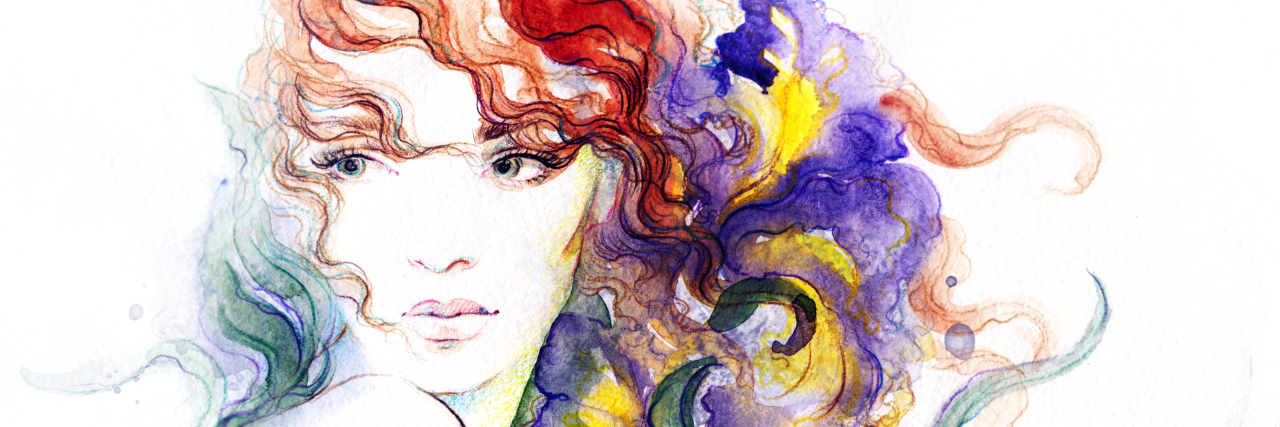How This Cognitive Distortion Ruined My Life With Borderline Personality Disorder
I have been struggling with borderline personality disorder (BPD) for years now. For the most part, I’ve been stuck in my mind, controlled by cognitive distortions that took me years and a lot of therapy to identify. To this very day, I am still trying to process and work through my distortions; it is no easy task. Cognitive distortions basically sneak up on you. You internalize them so they become a part of you and they manifest into unhealthy patterns and self-destructive habits. One of the main distortions I was able to identify was “fortune telling.”
A person who’s a fortune telling kind of thinker will often try to predict what’s going to happen and will foresee a negative outcome in most situations. For example, if a person wants to call and set a reservation at a restaurant, they will think to themselves the restaurant will probably be booked. While this may seem like a simple or harmless example, this distortion will also manifest in bigger situations. In my case, I am more often than not scared I will be cheated on by my partner or betrayed by a loved one. This kind of thinking negatively affects my relationships and social interactions, and at times, it jeopardizes them. People like to feel like they are trusted by those they care about; no one likes to be falsely accused or doubted, especially if there is no prior history of betrayal.
Not only does this distortion put me in a constant state of overthinking and agony, but it also turns me into a “control freak.” I sometimes find myself trying to keep track of my partner’s moves, trying to find out who he talks to, assuming any friendship he has can turn into something more. It affected me in ways I am ashamed to talk about, but let’s just say I’ve crossed a lot of boundaries. I ended up betraying his trust. While I’ve had partners who proved me right, it doesn’t mean I should expect the same from my current partner. It is unfair to him to doubt him based on my former experiences. Yes, I’ve been cheated on and betrayed in the past, and my doubts were right at times, but it doesn’t mean that’s always going to be the case. It does not justify me violating someone’s privacy or crossing any boundaries. It does not give me the right to attempt to control their behavior in order to avoid the “worst” that may not even happen.
Recently, I’ve had a realization: you do yourself justice if you let people around you show you their true colors. By always trying to control people’s behavior, I am kind of forcing them to hide their true character, to walk on eggshells around me. While this may be a temporary relief, it is very harmful in the long-term. It acts like a blinder that does not let you see the red flags, should there be any. Easier said than done, but I would like to know if my partner is the kind of man who’s loyal to me or if he is someone who is going to act on a whim. If he feels the need to hide, not only am I pushing him away, but he will also get better at hiding and eventually I may not actually see any potential betrayal if it happens. I want him to be loyal to me because that’s who he is and not because he’s scared of me finding out.
If you are a fortune telling kind of thinker, my advice is this: let the course of events go naturally. Know that no matter what you do, you will not be able to avoid the inevitable. Let people show you their true colors and truly earn your trust if they deserve it. Otherwise, you are exhausting and stressing yourself out and you are pushing people away, people who may genuinely and sincerely care about you. Assuming the worst from good people may actually turn into a self-fulfilling prophecy.
Getty image by Anna Ismagilova

